Frequently Asked Questions
- Although a will is an important part of an estate plan, it only takes effect after you die. Other documents are needed to carry out your wishes and manage your assets in the event you are temporarily or permanently disabled. I recommend five basic estate planning documents.
- In addition to a will, you should also have a durable power of attorney, a medical power of attorney, a health care directive and a HIPAA authorization.
- There are no hard and fast rules about how often you should review your estate plan, but certain life changes, such as a change in your marital status, an addition to your family, a change in the value of your assets, a move to another state, changes in the tax code, and the simple passage of time may trigger a need to update your plan.
- Estate planning is the process of making the legal arrangements necessary to protect your family, plan for your personal and health care, and manage or transfer assets in the event of your incapacity or death.
- An “estate” consists of all your assets including real estate, bank accounts, stocks and other securities, life insurance policies, and personal property such as cars, jewelry and artwork. The value of your estate is equal to the fair market value of the assets minus your debts.
You do, regardless of the size of your estate. Without adequate estate planning, you forfeit your opportunity to make many important decisions such as:
- choosing the person who will make health care decisions for you if you are incapacitated and not able to do so
- naming a guardian for your minor children in case of your incapacity or death
- naming a guardian to manage the assets you leave behind for your minor children and specifying when and how you would like those assets distributed
- specifying how and by whom your assets will be managed if you are temporarily or permanently disabled
- specifying how and to whom your assets will be distributed when you die
The federal estate tax is a tax imposed on the transfer of a “taxable estate” to a decedent’s heirs and beneficiaries. The “taxable estate” is calculated by deducting funeral costs, debts, and assets transferred to a spouse from the fair market value of all assets, including life insurance, in which the decedent had interest at the time of death.
Although every U.S. citizen is subject to the estate tax, the vast majority will never have to pay any taxes at all because a certain amount of a person’s estate is exempt from taxation. Currently, Americans can transfer $5 million, indexed for inflation, without any federal estate tax liability. Assets valued at over $5 million are subject to an estate tax of 40 percent.
A living will, or directive to physicians, is a document that allows you to instruct your physicians not to use artificial methods to extend your life in the event you are diagnosed with a terminal or irreversible condition.
Probate is the legal process by which a will is proved to be valid or invalid, though current usage of this term has been expanded to refer to the legal process in which the estate of a decedent is administered.
Generally, the probate process involves collecting a decedent’s assets, liquidating liabilities, paying necessary taxes, and distributing property to heirs. These activities are carried out by the executor or administrator of an estate.
You can, but by doing so, you run the risk that your estate will not be handled according to your wishes. There are many risks associated with Do-It-Yourself Wills and Estate Planning. Texas has very specific requirements concerning wills. If a will does not comply with all these requirements, it can be declared invalid, meaning that your estate could be treated as though you never had one.
By doing your own estate planning, there is a chance you could misapply the law, use the wrong form, or prepare it incorrectly. Additionally, the one-size-fits-all character of a do-it-yourself plan does not take into account each individual’s unique circumstances, and consequently each of their individual estate planning needs.
A Special Needs Trust (SNT), also known as a Supplemental Needs Trust, is a discretionary trust created to hold the property of a disabled beneficiary and distribute supplemental funds to that individual in a way that preserves his or her eligibility for public benefits.

